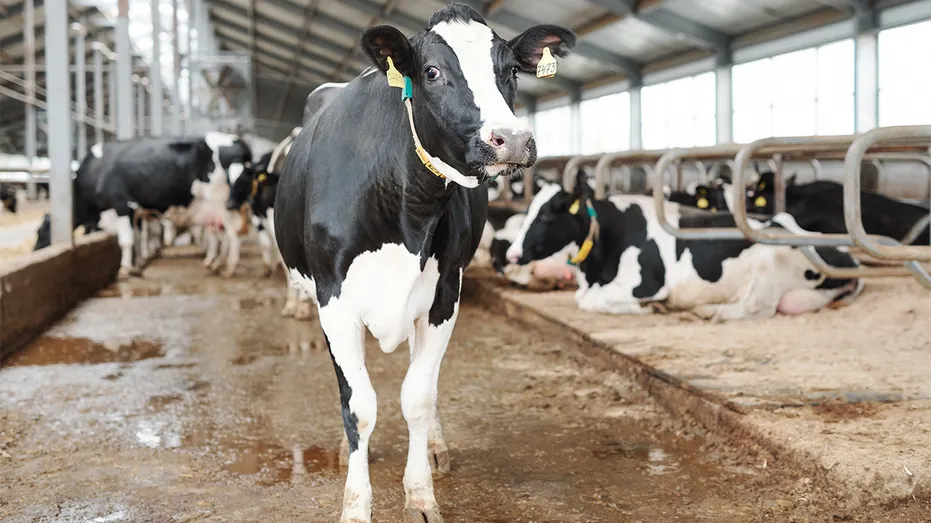The government of New Zealand has announced a proposal to tax greenhouse gases farm animals produce, including burping and peeing, as part of measures to address climate change.
New Zealand’s farming industry is crucial to the country’s economy, with dairy products being the nation’s largest export earner. The country has approximately 10 million beef and dairy cattle and 26 million sheep, compared to just five million people.
However, about half of New Zealand’s greenhouse gas emissions are said to come from farms. And the reasoning behind the proposal potentially helping with climate change is based on the idea that farm animals produce gasses that warm the planet, particularly methane from cattle burps and nitrous oxide from their urine.
Read also: New Zealand farmers to pay for greenhouse gas emissions
The proposed tax on farms which also said that farmers should be able to regain the cost by upping the prices of climate-friendly products would be the first in the world according to the government.
According to reports, the latest move has drawn the ire of New Zealand farmers, with Federated Farmers, the industry’s main lobby group, saying the plan would “rip the guts out of small-town New Zealand” and result in trees replacing farms.
In his reaction, Federated Farmers President, Andrew Hoggard said that farmers had been attempting to work with the government for more than two years on a plan to reduce emissions reduction without decreasing food production.
“Our plan was to keep farmers farming,” Hoggard was quoted as saying. He added that farmers would instead be selling their farms “so fast you won’t even hear the dogs barking on the back of the ute (pickup truck) as they drive off.
Opposition lawmakers from the conservative ACT Party said that the proposal would increase emissions around the world by moving farming to other countries less efficient at producing food.
New Zealand’s government has vowed to cut greenhouse gas emissions and make the country carbon-neutral by 2050. To achieve this, the country has said it will reduce methane emissions from farm animals by 10% by 2030 and by up to 47% by 2050.
Story was adapted from Fox Business.
